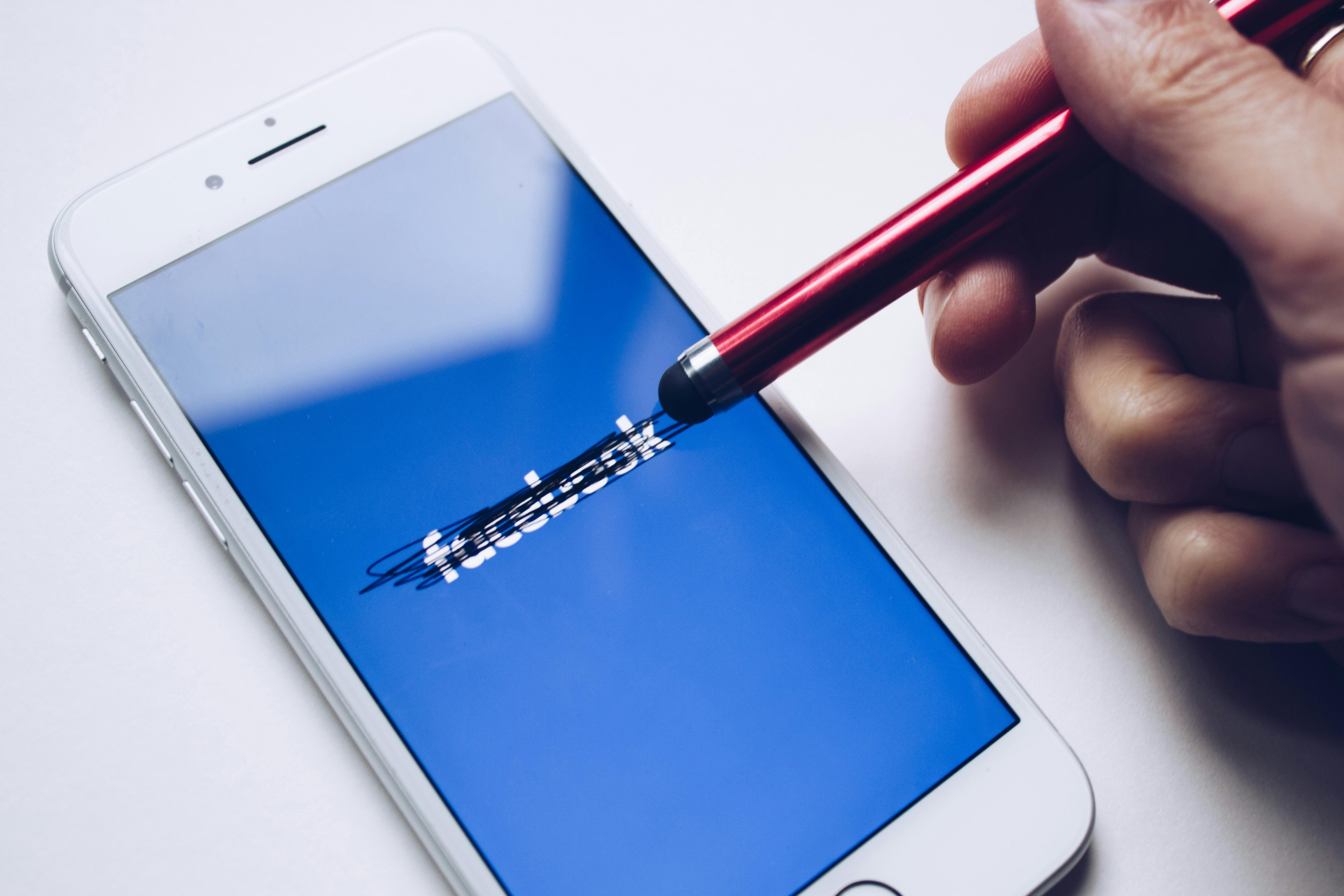Australia's Under-16 Social Media Ban Creates Digital Identity Framework | December 2025 Implementation
The Sand Groper Scoop
Archives
Australia's Under-16 Social Media Ban Creates Digital Identity Framework | December 2025 Implementation
SIGN UP FOR OUR NEWSLETTER
Australia's Social Media Ban: A Step Toward Protection or Digital Control? |
New December 2025 law reshapes online verification requirements with far reaching privacy implications |
Starting December 10, 2025, Australia will become the first nation to implement comprehensive under 16 social media restrictions, fundamentally transforming how citizens prove their identity online.
When Australia enforces its under 16 social media restrictions this December, it'll be a significant moment in online regulation. But I can't shake the feeling we're watching something more troubling take shape a gradual shift toward digital control dressed up as child protection.
The Law: What's Really Changing
The Online Safety Amendment (Social Media Minimum Age) Act 2024 sounds straightforward enough. Instagram, TikTok, Snapchat, and the usual suspects will have to block anyone under 16 from creating accounts.
To make that work, though, these platforms need to verify ages. That means collecting personal data, cross-referencing it with government approved systems, and matching identities to real people. And that's where the whole thing starts to feel less like a safety measure and more like the groundwork for something bigger.
The Hidden Cost of Safety
Look, nobody's arguing that kids don't need better protection online. But this law doesn't just regulate children; it fundamentally changes how all of us prove who we are to participate in digital spaces.
Age verification doesn't happen in a vacuum. It requires tying into official ID systems, sometimes biometric databases. What we're really building here is a national digital identity framework. Today, it's about keeping 14-year-olds off TikTok. Tomorrow? Who knows where this leads?
Because once your real identity is tied to your online presence, you've created the infrastructure for far more extensive monitoring down the road.
The Slippery Slope of "Verification Culture"
Here's the thing about surveillance infrastructure: once it exists, it rarely gets dismantled. What starts as optional becomes standard practice, then gets quietly mandated. Always "for safety." Always "for compliance."
If you need to prove your identity every time you want to post, comment, or share, anonymity disappears. And with it goes one of the most important shields we have for free speech and legitimate dissent.
Lessons from Abroad
We've seen how this plays out elsewhere. China requires every social media account to link to a verified national ID, giving the state sweeping power to monitor what people say and do online, and it's tied to their social credit score.
Australia isn't China, and I'm not suggesting we're heading toward that level of authoritarianism; however, we should not forget the changes and breaches Australian citizens faced during COVID with tracking and tracing apps!
The concern is that the Government is building remarkably similar architecture to facilitate control over its Citizens.
The logic is identical: connect identity to access, and you control participation. That should worry us, even if the intentions seem pure.
A Question of Trust
The government keeps insisting this is purely about protecting kids, not collecting data or expanding oversight. Maybe that's true right now. But what happens when the infrastructure is in place and a different government decides to expand its use?
Once you've handed over that kind of power, getting it back is nearly impossible. We need to think carefully about how much freedom we're willing to trade for the promise, not the guarantee, of safety.
A Turning Point for Digital Freedom
Australia's age restriction law might have its heart in the right place, but it puts us at a crossroads. We're normalising identity verification, expanding government reach into private digital spaces, and chipping away at the anonymity that makes open discourse possible.
If we don't demand strict limits on how this system can be used, the line between protection and control won't just blur. It'll vanish completely. And by the time we notice, it may be too late to do anything about it.
|

